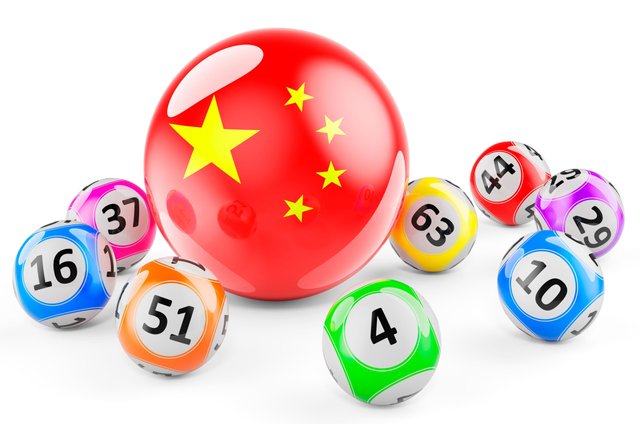A Look at Lotteries and Gambling in China: Surge in Ticket Sales

According to China’s Ministry of Finance, sales of lottery tickets surged to CNY33.22 billion in January 2023, with the growth being mostly powered by the outstanding sales of sports lottery tickets.
An increase in ticket sales
According to China’s Ministry of Finance, sales of lottery tickets surged to CNY33.22 billion in January, with the growth being mostly powered by the outstanding sales of sports lottery tickets.
10.84 billion yuan worth of lottery tickets were purchased in January, a 22.4 percent decrease from the same month last year, 2022. Yet, sales of lottery tickets to help the sports industry rose 32.9 percent year over year to 22.38 billion yuan.
According to China’s lottery administration regulations, the proceeds from ticket sales are used to cover administrative costs, pay for prizes, and fund social welfare programs.
Exposing the Gambling Industry in China and elsewhere
The Welfare Lotto and the Sports Lottery, which were created in 1987 and 1994, respectively, are two lotteries run by the Chinese government. Although they incorporate elements of chance and financial exchange, the Chinese Communist government does not formally classify them as gambling.
This system has existed since 1935 despite Republican China’s Criminal Law outlawing both public gambling and the provision of gathering places for gamblers (such as casinos). While citizens are permitted to play games like mahjong during the Chinese New Year celebrations under “temporary enjoyment” restrictions, the law specifies that people can play card games with non-currency goods like matchsticks.
Numerous Chinese residents continue to gamble, whether through lotteries or illegal casinos, in spite of the legal quirks. The government has expressed worry about these activities since they can encourage illicit activity and cause financial disaster for some people. As a result, the government continues to impose strong gambling laws and manages the lottery under strict guidelines.
Despite some features of mainland Chinese legislation being relevant in the area, some types of gambling are permitted and regulated in Hong Kong. Since Hong Kong was governed by the British until 1997, its legal system is based on English common law. Hong Kong’s gambling laws date back to 1977, and the Hong Kong Jockey Club is in charge of the majority of the region’s legal betting activity.
Although Macau was still a Portuguese territory in the 1850s, gambling was permitted there. The area has a long history of gambling on traditional Chinese games, although nowadays it is mostly connected to casinos designed in the West. In terms of casino income, Macau actually surpassed the Las Vegas Strip in 2007. In Macau, there are 38 casinos operating as of 2016, bringing in more than US$27.9 billion annually from gambling.
Even though onshore gambling is illegal in mainland China, the popularity of foreign and online gambling companies that accept Chinese players has helped the business thrive. There are integrated gaming resorts in nations like Singapore, Australia, Korea, Vietnam, and the Philippines that welcome an increasing number of Chinese tourists. The proliferation of these establishments has raised concerns about the potential negative social and economic impact of gambling, both at home and abroad.